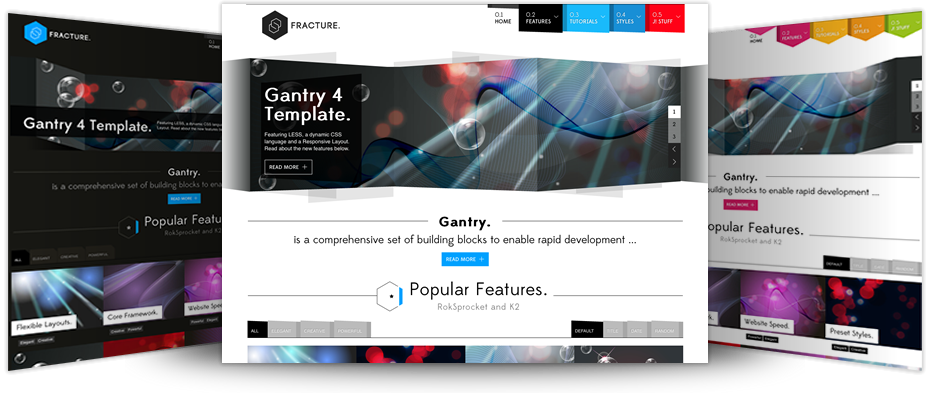
Everything You Need to Build Your Stunning Website
Powerful Framework that Makes Building Websites Easier
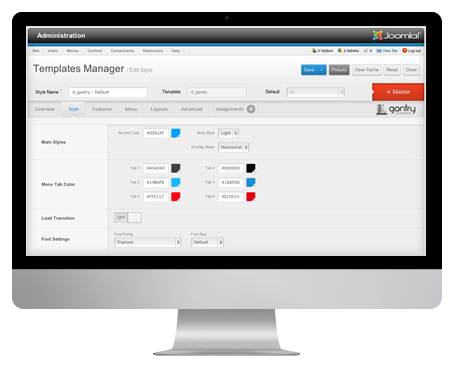

We use the responsive layout based on Twitter's Bootstrap Framework, with its collection of utility classes, to provide a flexible responsive design.
Read BlogThe RokSprocket and RokGallery extensions that are built to work with a responsive layout and support mobile touch events, such as 'swipe'.
Read BlogWe have created a new helper class, RokMediaQueries.js, which provides a unified system that enables extensions to add media query listeners.
Read Blog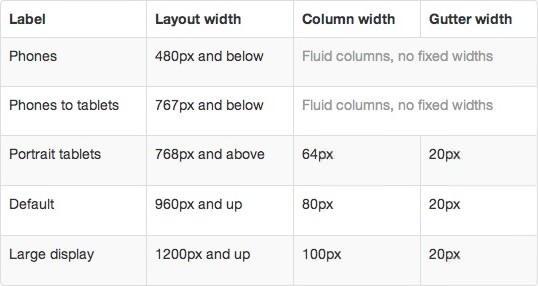
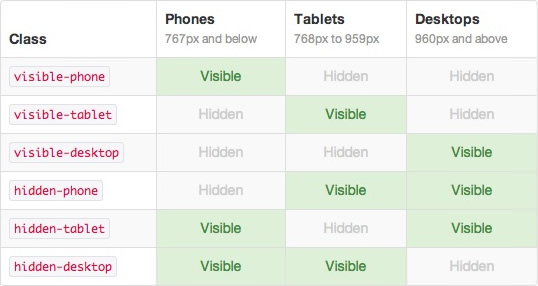
In terms of media queries, the breakdown is:
/* Smartphones */
@media (max-width: 480px) { ... }
/* Smartphones to Tablets */
@media (min-width: 481px) and (max-width: 767px) { ... }
/* Tablets */
@media (min-width: 768px) and (max-width: 959px) { ... }
/* Desktop */
@media (min-width: 960px) and (max-width: 1199px) { ... }
/* Large Display */
@media (min-width: 1200px) { ... }
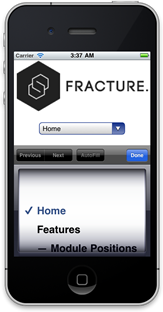
The menu system for a smartphone device will be that of a select-field. A select field is a great solution for this because most phones have nice native select UI elements. Using this method is necessary as to make the menu accessible on the mobile devices, as Fusion, and our other menu types, are simply too complex to render effectively on these devices. A new menu system will be created that is responsive, but will form part of Gantry

